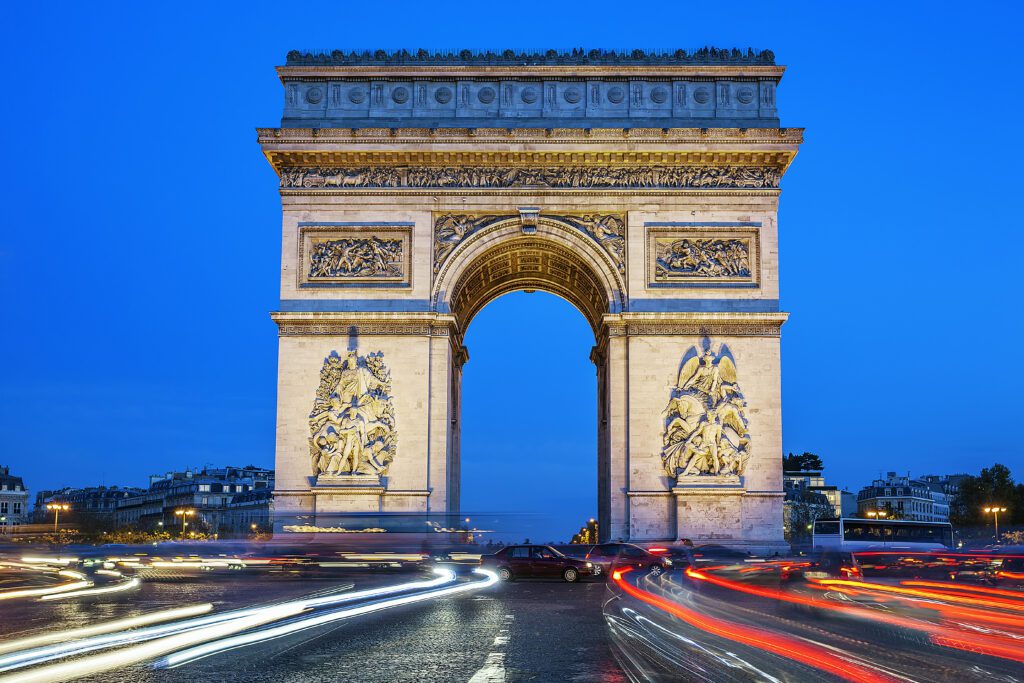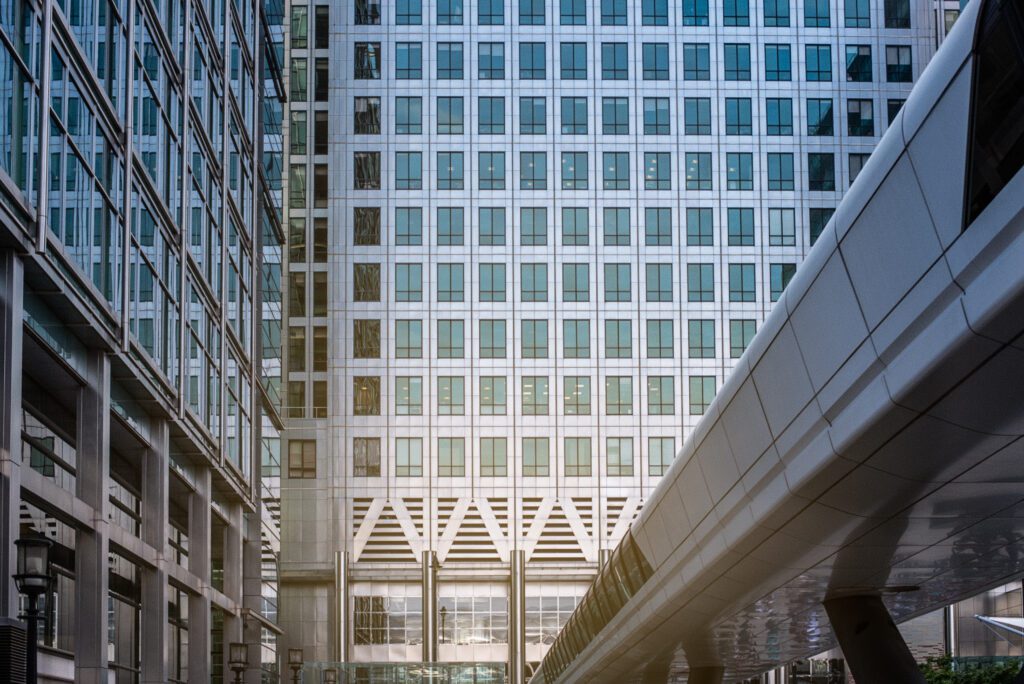Paris
Berthier & Associés are expertly positioned to offer a full range of valuation services across Paris and the Île-de-France region. This includes all asset types, whether that be residential, commercial, hospitality and for diverse purposes including secured lending, tax issues, family law or eviction compensation.
The firm is renowned for its professionalism, its rigour and dedication to serve its client’s requirements. This reputation has been built in Paris and the Île-de-France region in no small part thanks to a team of committed and competent professional valuers whose output always adheres to the highest quality. Whether you are an individual, a professional or representing a business, Berthier & Associés has the experience and expertise to meet your specific real estate valuation needs. For an English-speaking introduction to the valuation services offered by Berthier & Associés, contact Samuel Thompson at [email protected] or telephone +44 7933 239126 / +33 07 45 55 81 46 or via our contact form.

The Attraction
The European Living Cities Index recently considered a number of factors including market fundamentals, location and connectivity to determine the most attractive place for residential property investors. Among 142 European capitals and larger cities Paris came out on top, with particular credit given for its innovation. Although the attractions of Paris as a major global commercial, cultural and economic hub are well known, this recognition only goes to highlight its viability from an investment perspective for both owner-occupiers and investors.

Art & Culture
Paris combines a mixture of elegant architecture and large parts of the city alongside the River Seine are classified as a UNESCO World Heritage site. Instantly recognisable historical landmarks pepper the city’s largely low-rise skyline, such as the Eiffel Tower and Arc de Triomphe. Even more so since the city’s modern steel and glass skyscrapers are restricted to La Défense, Paris’ business district, permitting the centre to retain a more traditional appearance.
World-renowned museums and art galleries abound, including the world’s largest art museum, the Louvre, and the Musée d’Orsay. There is also a lively theatre, dance and music scene with key centres of interest being the Moulin Rouge and the grand Palais Garnier.
Lifestyle
Paris is one of Europe’s greenest cities, thanks to its plentiful verdant parks and bodies of water. Undoubtedly the most significant of these being the Seine, dissecting the city. Led by the current mayor, Anne Hidalgo, Paris is making significant steps to improve its environmental credentials and simultaneously improve the quality of life for its residents. To that end, a plan was recently published to add an extra 100 hectares of pedestrian space by 2030, spearheading the effort to cut car usage and encourage people to walk, cycle or use public transport.
The city also holds great appeal for its shopping and dining offerings. Particularly demonstrated by its boutiques, haute couture houses and internationally distinguished department stores in the style of Galeries Lafayette. So as to illustrate its gastronomic prowess, there are over 130 Michelin-starred restaurants in Paris. Coupled with the abundant local bistros and innumerable pâtisseries, there is something for everyone’s taste to be found. Not to mention the lively nightlife scene, there is an appeal for a wide range of ages and interests across Paris.

Financial Hub
Paris has evolved in to the European Union’s predominant financial hub post-Brexit, accompanied by an influx of finance professionals and bankers. The year after the UK left the EU alone, there was an over 70% increase in investment bankers calling the city home. Correspondingly, Paris has welcomed a rising number of ultra-high-net-worth individuals, and this trend is set to continue in the coming years.
Infrastructure
Two international airports serve Paris, with Charles de Gaulle being France’s largest and providing connectivity across the globe. In addition, the city is the central hub of the country’s high-speed TGV rail network. Not only does this permit rapid transit across the country, but other major continental European cities are also linked directly, and the Eurostar crosses the Channel to London.
The city itself is well served by Metro and tram systems for efficient urban transportation. Public and private investment is also being welcomed, in large part driven by the hosting of the 2024 Olympic Games. A manifestation of this is Europe’s largest infrastructure project, the Grand Paris Project, which includes 4 new rail lines and 68 new stations.

Key Valuation Considerations
With elevated prices, valuation of property in Paris is important for both owner-occupiers and investors. Below are some of the key considerations that must be accounted for when valuing property in this globally renowned city.
Situation
The property market in Paris is best described as being made up of several micro-markets. Although demand across the city is generally resilient, driven by a persistent demand/supply imbalance, the international appeal of particular areas retains an enduring appeal. Accordingly, in the prime sector 50% of the total buyers are non-residents, including a diverse mixture of international purchasers.
Some of the most resilient micro-markets include the arrondissements in the very centre of Paris such as the 3rd and 4th. Strong demand from investors and overseas purchasers is also observed in the 5th and 6th arrondissements, as well as upmarket streets in the 8th, 16th and 17th. In general, high-net-worth-individuals commonly seek buildings with architectural appeal in prime locations.
Proximity to Services and Facilities
With a significant international influence, access to transportation links is frequently desired whether via road, rail, or air. Properties values will often benefit from near proximity to services such as high-end shopping, restaurants and nightlife.
Architecture & Building Condition
The general condition of the building is always an important consideration when determining its value, as well as its architectural merits in accordance with current trends. Generally, properties equipped with modern facilities and technology are highly desired, especially those employing green technologies to minimise their environmental impact.
In recent years, a greater value has been placed on outdoor space as more people find themselves spending more time at home since the pandemic. Consequently, larger apartments with terraces or balconies are increasingly sought-after, and demand for pieds-à-terre has increased from those seeking a secondary property to their primary residence outside of the city.
Market Conditions
Space has always come at a premium in Paris and this is becoming ever more pertinent. After a number of years of strong growth, with sales numbers peaking in 2022, the market is commonly characterised by a shortage of supply. Even so, with some areas being perennially popular with overseas purchasers, prices are likely to remain robust.
The market is however expected to receive a boost from hosting the 2024 Olympic Games and the associated investment in infrastructure. As an illustration, values over a four-year period increased by over 15% in the Saint-Denis area, which is the main hub for the Olympic Games.
